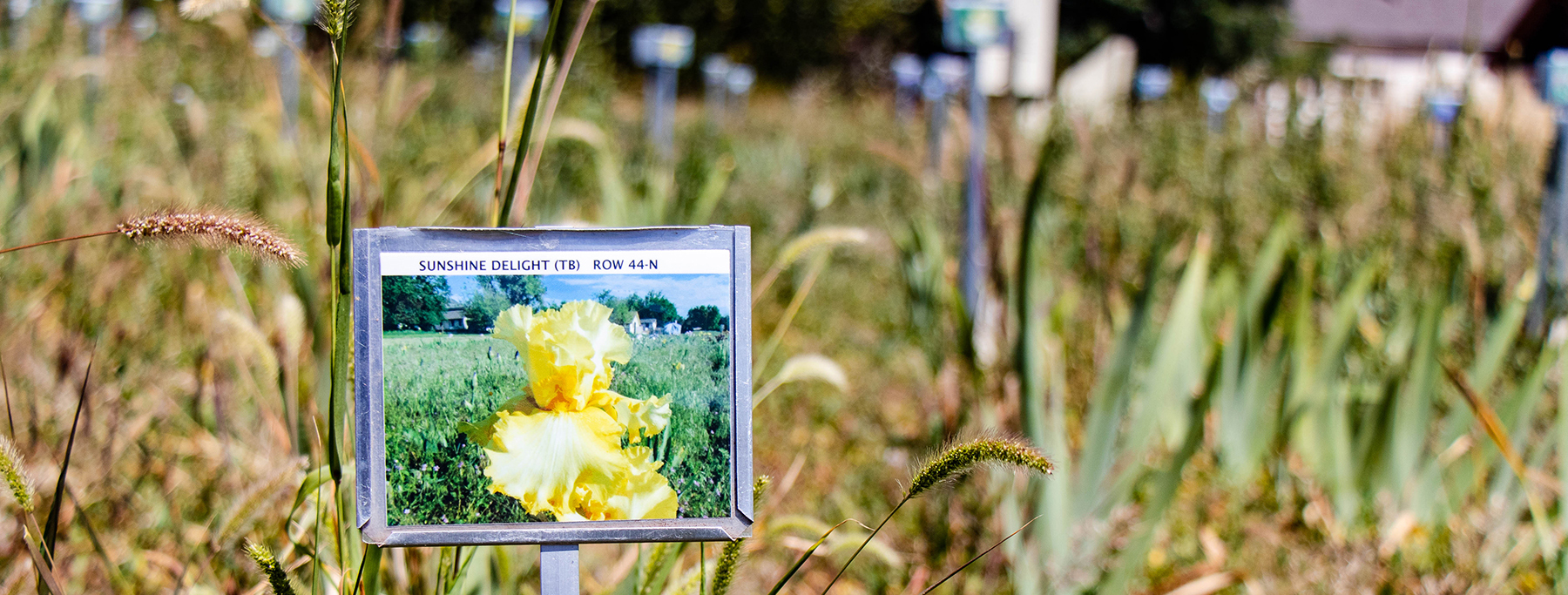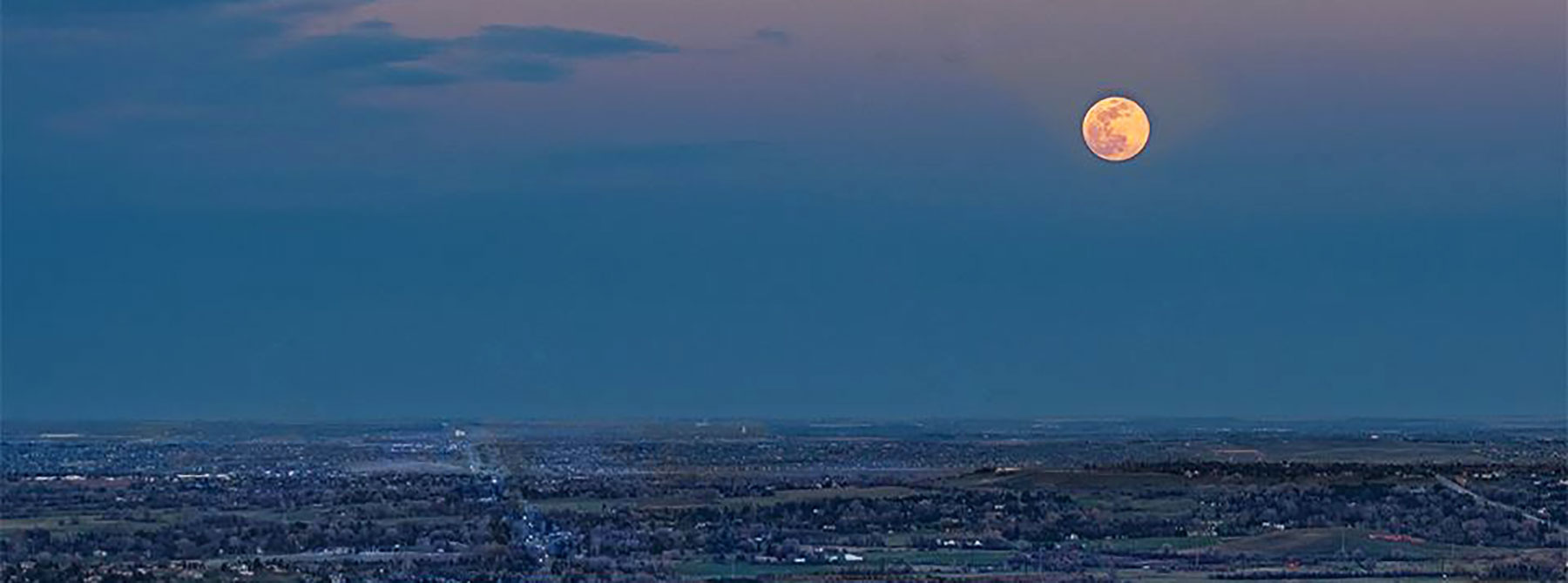Driving North on Broadway as the picket fences reappear, houses give way to a third-generation centennial farm. Not the typical place for a 25-acre farm to stake its hold, just minutes away from Pearl Street in the middle of a definite traffic corridor, but then again Boulder isn’t exactly your typical urban center.
Founded in 1905, Long’s Gardens, located just east of Broadway Ave. a few blocks north of the North Boulder Recreation Center, has maintained its space within the city’s developing phases for over a hundred years.
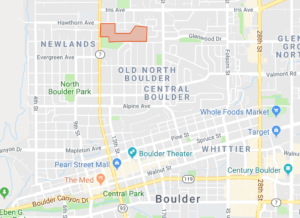
Walking into the 114-year old Long’s Gardens, a definite sense of history overcomes you.
Whistling grass shallows rusting farm equipment. The arid and pale pastures give way to a burst of vibrancy from Long’s Gardens’ blooming irises, the family-owned farm’s specialty.
And then, the quintessential calmness of a farm dissipates quickly as the semis and other traffic blare past, leaving you in a bizarre time-warp between two clashing lifestyles in the middle of Boulder: city and nature.
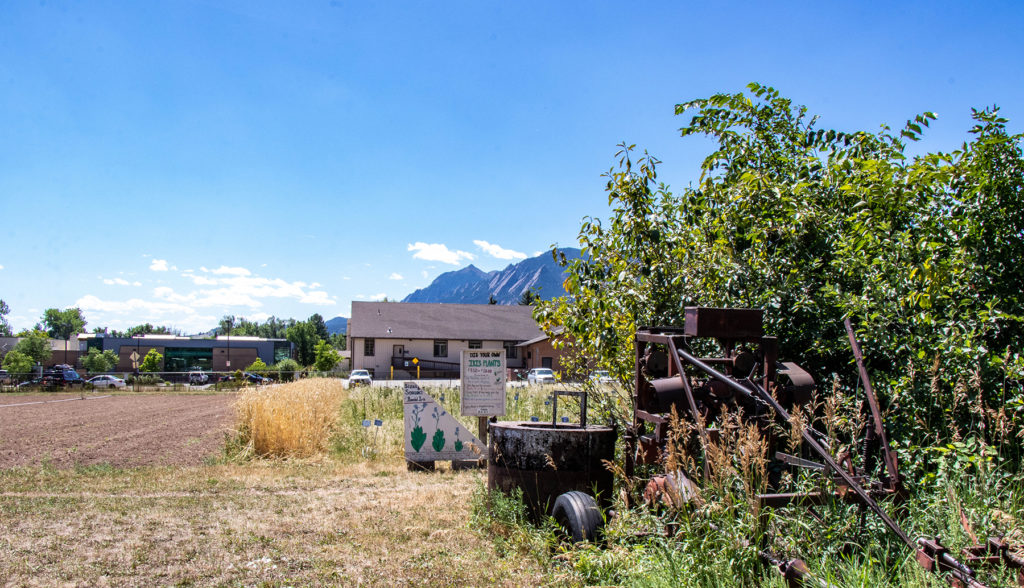
Uncertain future
Thanks to the Boulder Valley Comprehensive Plan, one of the Boulder’s primary goals is to accommodate environmental protection and sustainability. Keeping the urban farming tradition close to city gates is just one way that Boulder shows its dedication to preserving natural land and an integration of local agriculture.
However, the nearly 115-year-old, 25-acre farm is in jeopardy with a prospect of a sale looming. On August 20th, the Boulder city council proposed a tax allocation to Long’s Gardens to prevent the farm from being sold and potentially rezoned and developed.
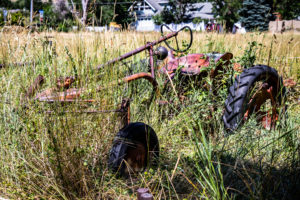
One option on the table is allotting a 0.15 percent sales and use tax extension to support the city’s open space program and fund Boulder buying the conservation easement at Long’s Gardens. The final decision involved sending a 0.15 percent sales and use tax extension to the November ballot which would allow Boulder to buy the Long’s conservation easement into a 20-year tax extension.
This would raise the city an estimated $5.3 million to purchase Long’s conservation easement and keep it from being sold by the owners and rezoned, with the remainder of the tax money over the years going toward open space.
Farming in an urban setting
Long has embraced this unique lifestyle despite not having some of the luxuries associated with farming like solitude and quiet.
There are particular challenges that farming in the city brings, like not being able to use heavy equipment in the early morning when it’s cool or taking extra care with manure.
Everyone thinks they want to live next to a farm, but not everyone is prepared for what that actually entails. The reality of urban farming is a lot more messy and complex than a glossy page in an REI catalog.
The smells, the sounds. There are definite limitations to what an urban farm can do within close proximity to city life, but the visibility and community access make up for the lack of solitude and space other farms have going for them.
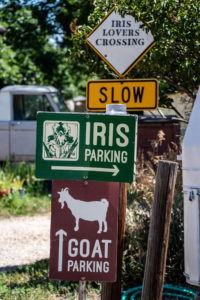
This long-time balancing act of development versus preservation is highlighted as Boulder pushes forward to urbanize and create a more accessible city but retain its tradition of grassroots environmental respect.
Over the years, the farm has grown lots of different things, but for the last 50 years, it has predominantly grown irises (bearded irises in particular).
However, Long’s Gardens is more than just its famous irises. Their property is also home to two nonprofits: Growing Gardens, a program that has brought gardening and nutrition education including Horticultural Therapy to Boulder for over twenty years, and Mountain Flower Goat Dairy.
Catherine Long, owner of Long’s Gardens, gave us an insight into how these styles of farming co-exist:
Header image: Long’s Gardens’ prized Irises have been the farm’s bread-and-butter for over fifty years. Photo: Eric Forbes

